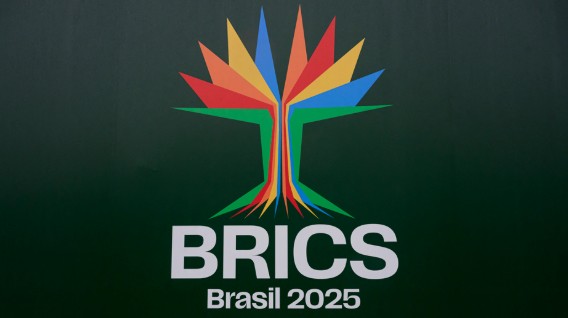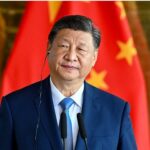BRICS Nations Push for Break from Western Economic Models as Calls for Reform Intensify
Rio de Janeiro – At the 10th Annual Meeting of the New Development Bank (NDB), global leaders called for a radical transformation of the international financial system, urging BRICS nations and the broader Global South to distance themselves from Western-dominated development models.
NDB President Dilma Rousseff, the former Brazilian head of state, delivered a powerful address emphasizing the urgent need for alternative growth strategies. “We must no longer be passive recipients of imposed financial architecture,” Rousseff said. “It’s time for BRICS nations to become active architects of their own development pathways.”
Her remarks come ahead of the upcoming BRICS leaders’ summit, also set to take place in Rio de Janeiro, where geopolitical and economic autonomy is expected to dominate the agenda.
Lula: “The Global South Needs a New Currency”
Backing Rousseff’s sentiments, Brazilian President Luiz Inácio Lula da Silva intensified calls for a shift away from global dependency on the U.S. dollar and other Western financial instruments. “It is time for a new trade currency among BRICS nations,” Lula said. “We must break the chains of financial dependency that have kept the Global South subordinate for decades.”
In a pointed rebuke of the international community, Lula also criticized the United Nations, calling it “insignificant” in the face of ongoing humanitarian crises. “Where is the UN in Gaza? Where is the global leadership in solving Palestine? We cannot wait for an institution that has repeatedly failed us.”
NDB: Shifting Focus to Infrastructure and Sovereignty
Founded in 2015 by Brazil, Russia, India, China, and South Africa, the New Development Bank was envisioned as a financial alternative to institutions like the World Bank and the International Monetary Fund (IMF). With a growing list of member countries and partners, the bank has increasingly positioned itself as a key driver of infrastructure and sustainable development across emerging economies.
In 2025, the NDB has already approved over $1.1 billion in loans for Brazil alone, earmarked for energy projects, green transport, and digital infrastructure. The bank has also expressed interest in expanding partnerships with other countries in Latin America, Africa, and Asia.
A Wider Challenge to the Global Order
This year’s summit reflects growing frustration among emerging economies over unequal access to global capital and decision-making power in traditional institutions. The broader BRICS coalition which may soon expand to include nations like Argentina, Egypt, and Saudi Arabia is signaling a clear intent to challenge the Western-led status quo.
Analysts say the rhetoric is not merely symbolic. “The Global South is no longer content being a footnote in the global economy,” said Dr. Maria Estevez, an economist at the University of São Paulo. “The NDB’s increased activity is one part of a much larger push for a multipolar financial world.”
As the world watches the BRICS summit unfold in Rio, the message from the New Development Bank is unmistakable: a new financial era may be on the horizon—one that redefines the rules of global development, power, and equity.



